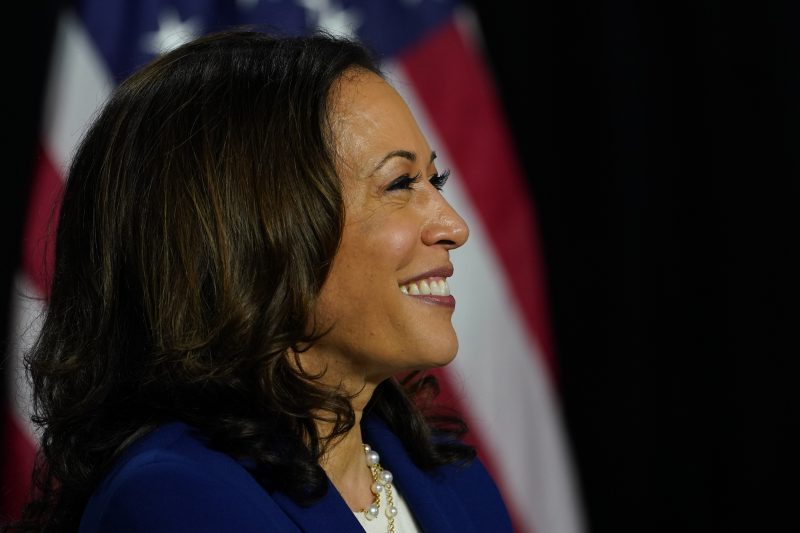
Riding the Bus of Change: How School Desegregation Shaped Kamala Harris’s Views on Race
The busing school desegregation policy in the United States has played a significant role in shaping the views and experiences of Vice President Kamala Harris on matters of race and equality. As a child of immigrant parents and a product of the integration efforts in the 1970s, Harris has firsthand knowledge of the impact of busing on students and communities. This article will explore how Harris’s personal experiences with busing have influenced her perspectives on racial justice and diversity.
Born in 1964 in Oakland, California, Kamala Harris was part of a generation that witnessed the struggles and successes of the civil rights movement. The issue of school desegregation through busing became a focal point in the fight for racial equality during the 1970s. Busing was a policy aimed at transporting students to schools outside their neighborhoods to achieve racial balance and integration.
Harris attended Thousand Oaks Elementary School, where she was among the first students to be bused as part of the desegregation efforts in Berkeley. This early exposure to busing exposed her to the realities of systemic racism and inequality in education. Harris has frequently spoken about how busing opened her eyes to the disparities in resources and opportunities available to students based on their race and socioeconomic status.
The experiences of Kamala Harris with busing have undoubtedly shaped her understanding of the complexities of race relations in America. She has often emphasized the importance of equity and diversity in education, highlighting the need to address systemic barriers that hinder the academic success of students from marginalized communities. Harris’s advocacy for policies that promote inclusivity and equal access to quality education reflects her belief that addressing racial disparities is essential for building a more just society.
Furthermore, Harris’s upbringing in a diverse and inclusive environment fostered a deep appreciation for multiculturalism and social justice. Her exposure to different cultures and perspectives through busing reinforced her commitment to advancing racial equality and embracing the richness of diversity. Harris’s background as a child of immigrants and a beneficiary of desegregation efforts has deeply influenced her policy priorities and advocacy for social change.
In conclusion, Vice President Kamala Harris’s views on race and equality have been profoundly influenced by her experiences with busing school desegregation policies. Her upbringing in a multicultural and inclusive environment, coupled with her early exposure to the realities of racial inequality, has shaped her advocacy for policies that promote equity and diversity in education and society as a whole. By drawing on her personal experiences with busing, Harris continues to be a strong voice for social justice and inclusivity in America.
